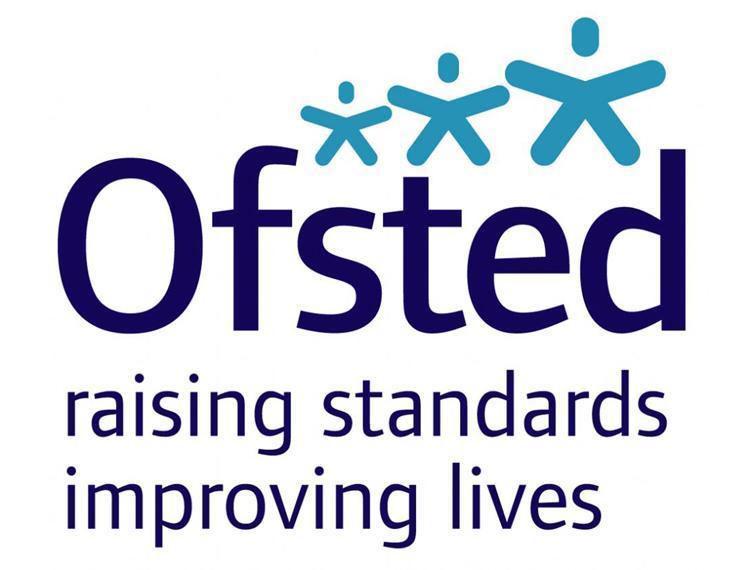School leaders determined pupils won’t become ‘the COVID generation’

Ofsted has published the first reports on how schools and children’s homes are addressing the needs of children at this time.
Ofsted has today published the first report in a new series of briefings looking at how schools are managing pupils’ return to education under the current COVID-19 restrictions.
The report is based on 121 pilot visits to schools across England carried out last month. It finds that school leaders are working hard to make sure pupils are catching up with their education in difficult circumstances.
Inspectors found that some schools have returned to teaching all subjects straight away, while others are taking a gradual approach to reintroducing foundation subjects such as modern foreign languages and geography. In primary schools, there has been a focus on reading, as the foundation for wider learning.
Misinformation and myths, often from social media, about the different approaches taken to prevent transmission of the virus are causing confusion and parental anxiety, despite school leaders’ efforts to meet government guidelines. Over a third of the schools visited reported an increase in the number of children being removed from the school and home educated.
Schools are planning how to remotely educate pupils who cannot attend in person. As well as logistical challenges, the research highlighted the need to align remote learning with the classroom curriculum to maintain progression, when pupils are isolating away from school.
In the 70 children’s homes visited for the social care research, staff have worked hard to maintain an environment that is COVID secure, while keeping children’s spirits up. Where restrictions allowed for it, staff continued to facilitate children’s visits to friends, and contact with families, often making use of technology to do so.
In a commentary highlighting the findings from the two reports, Her Majesty’s Chief Inspector, Amanda Spielman said:
“We have been hearing directly from the leaders of schools and children’s homes, so we can help others understand what’s being achieved in extraordinary circumstances – whether that’s parents, other professionals working in these fields, or the government.
“Strong leadership and committed staff are key to making the best of this challenging time. The member of staff at a children’s home who isolated with a child who was displaying COVID-19 symptoms so they did not feel alone, stands out. But so does the determination, expressed by many of the school leaders we spoke to, that the pupils currently under their care and guidance must not come to be defined as ‘the COVID generation’. They deserve much more than that.”
The schools findings are based on 121 pilot visits made between 14 and 18 September. The schools volunteered to take part in the pilot visits. This is the first briefing note about COVID-19, and Ofsted will publish more through the term. The evidence in it is based on one-day pilot interim visits with no graded judgement.
The social care findings are based on assurance visits to children’s homes under the social care common inspection framework (SCCIF) made between 1 and 11 September. This analysis covers visits to 70 homes, which were selected according to risk (this is 56% of the total number of visits we did in this period). In future briefings, Ofsted will also include findings based on assurance visits to different types of children’s social care providers.
In November, Ofsted will broaden its reports to cover visits made in October to all the sectors it inspects and/or regulates: schools, further education, early years providers and social care. The reports will also include consideration of services for children with special educational needs and disabilities (SEND).
Ofsted’s plans for autumn 2020
September briefing notes
- COVID-19 series: briefing on schools, September 2020
- Research and analysis
- COVID-19 series: briefing on children’s social care providers, September 2020
- Research and analysis
HMCI commentary
- HMCI commentary: findings from visits in September
- Authored article
News
Published 6 October 2020 Contents











Responses